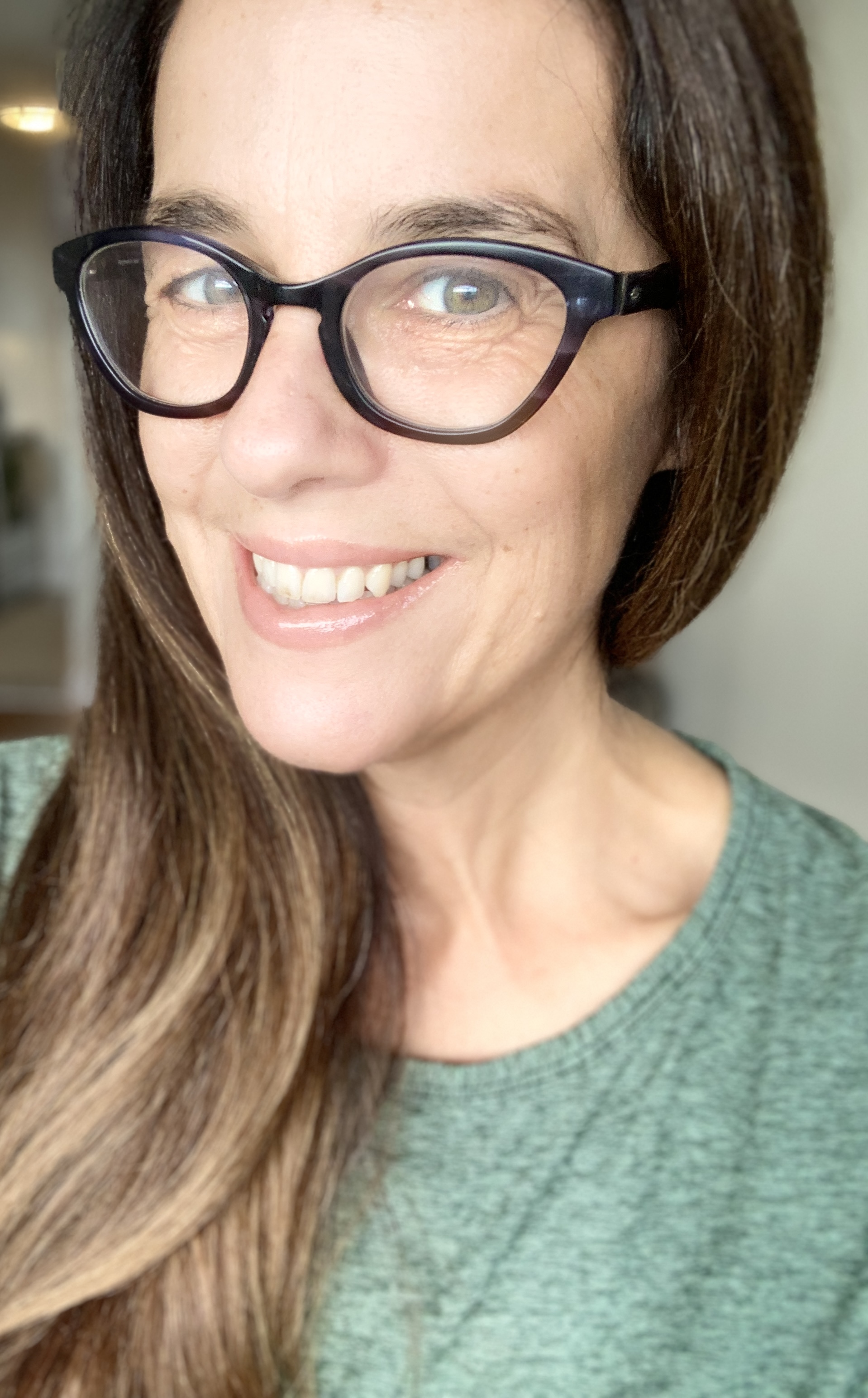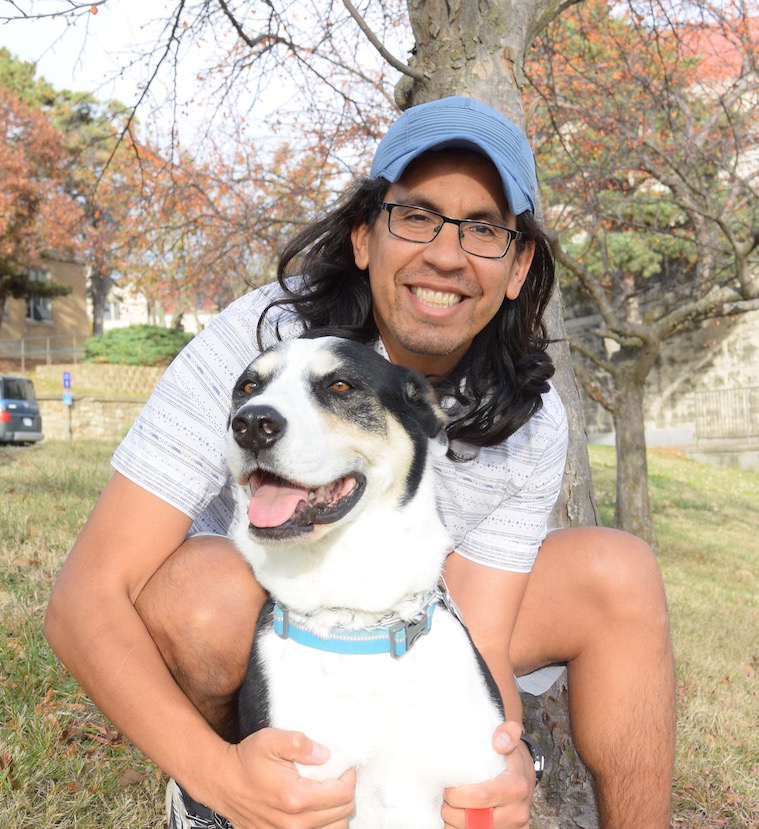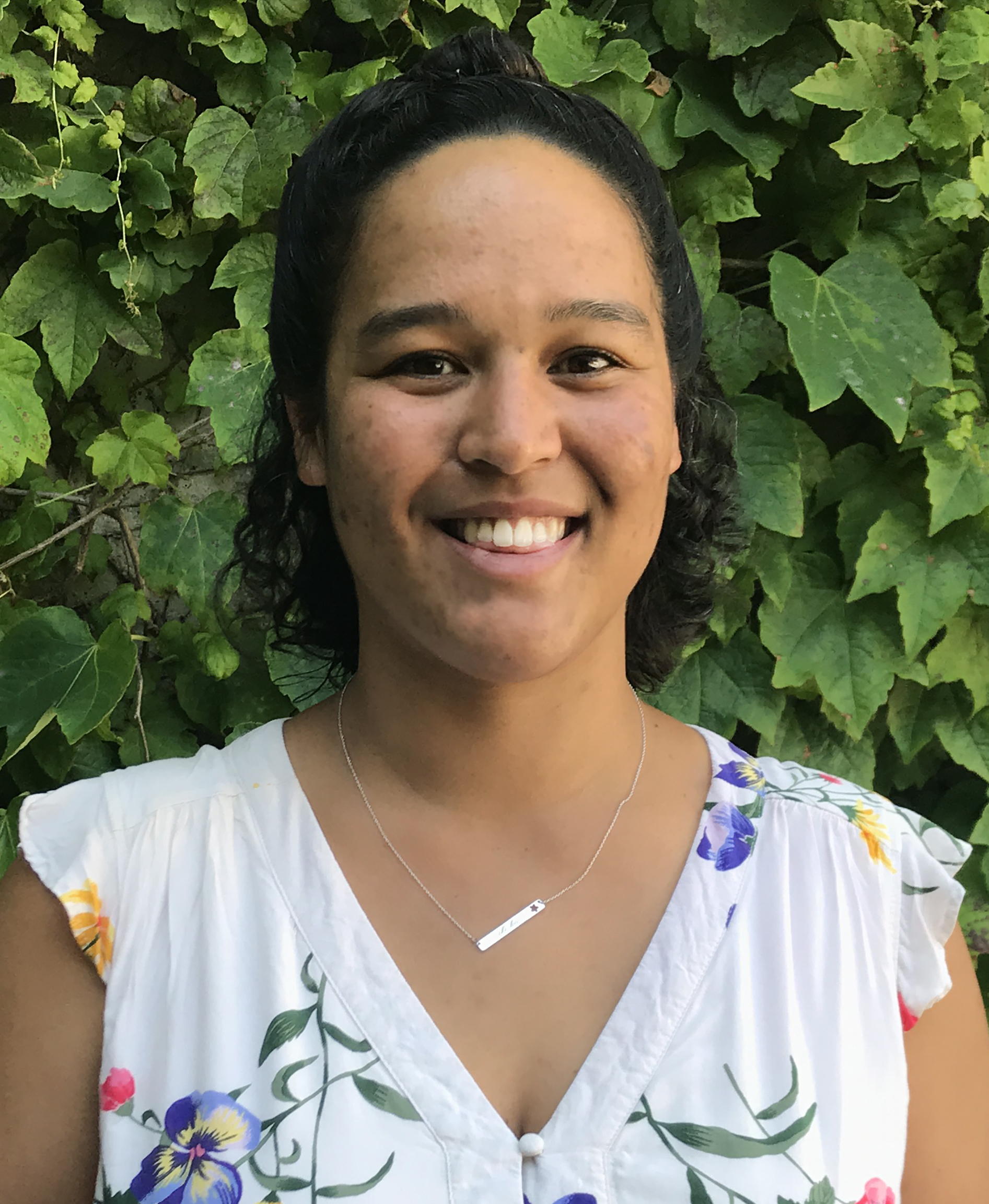BRIDGES
Building Relationships for an Inclusive and Diverse Group of Emerging Students
June 7–10, 2022, Salt Lake City, Utah
This conference is aimed towards early graduate students and advanced undergraduate students interested in algebraic geometry, commutative algebra, geometric group theory, and number theory.
The goals of this conference are to:
- Foster a sense of community amongst underrepresented groups in mathematics,
- Introduce participants to possible research areas,
- Expose participants to role models and possible mentors.
You can register for the conference here. Please note that the deadline to apply for funding has passed.
This conference is part of the RTG: Algebra, Geometry and Topology at the University of Utah funded by the NSF RTG grant #1840190. You can also check out the website for BRIDGES 2021. If you're looking for the interdisciplinary conference on connections between mathematics and art, please visit www.bridgesmathart.org/b2022.
Schedule
Below is a tentative schedule for the conference. All times are Mountain Daylight Time.
| Time | Description | Room |
|---|---|---|
| Tuesday, June 7th | ||
| 8:30-8:55 | Check-In | JFB 102 |
| 8:55-9:00 | Welcome | JFB 102 |
| 9:00-9:50 | Lecture 1: Marissa Loving | JFB 102 |
| 10:15-11:05 | Lecture 1: Daniel Hernández | JFB 102 |
| 1:00-3:00 | Problem session | LCB 121, 323 |
| 3:10-4:00 | Lecture 1: Angela Robinson | JFB 102 |
| Wednesday, June 8th | ||
| 8:55-9:00 | Daily Introduction | JFB 102 |
| 9:00-9:50 | Lecture 1: Angela Gibney | JFB 102 |
| 10:15-12:15 | Problem Session | LCB 121, 323 |
| 2:10-3:00 | Lecture 2: Marissa Loving | JFB 102 |
| 3:00-4:00 | Panel | JFB 102 |
| 4:00-5:00 | Poster Session | JFB lobby |
| Thursday, June 9th | ||
| 8:55-9:00 | Daily Introduction | JFB 102 |
| 9:00-9:50 | Lecture 2: Daniel Hernández | JFB 102 |
| 10:15-11:05 | Lecture 2: Angela Gibney | JFB 102 |
| 11:30-12:20 | Lecture 2: Angela Robinson | JFB 102 |
| 2:00-4:00 | Problem Session | LCB 121, 215 |
| 4:10-5:00 | Lecture 3: Marissa Loving | JFB 102 |
| 6:30-8:30 | Dinner | Union patio |
| Friday, June 10th | ||
| 8:55-9:00 | Daily Introduction | JFB 102 |
| 9:00-9:50 | Lecture 3: Daniel Hernández | JFB 102 |
| 10:15-11:05 | Lecture 3: Angela Robinson | JFB 102 |
| 11:30-12:20 | Lecture 3: Angela Gibney | JFB 102 |
| 12:20-12:30 | Closing | JFB 102 |
Speakers
Angela Gibney, University of Pennsylvania

Angela is a Presidential Professor at the University of Pennsylvania specializing in algebraic geometry.
Lecture Series: A combinatorial introduction to curves of genus zero and their moduli
Abstract: The moduli space of n-pointed (Deligne-Mumford) stable
curves of genus g provides a natural environment in which we may study
smooth curves and their
degenerations. These spaces, for different values of g and n, are
related to each other through systems of tautological maps.
Consequently, problems about curves of positive genus can frequently be
reduced to the smooth, projective, rational variety
$\overline{\mathcal{M}}_{0,n}$ parametrizing stable pointed rational
curves.
In my three lectures at the BRIDGES program I will discuss these ideas.
In the first lecture, I will introduce moduli spaces and the moduli
space of curves. In the second lecture I will give a combinatorial
introduction to $\overline{\mathcal{M}}_{0,n}$ and in my third lecture I
will describe two open problems about it, one that has been solved
(nearly at least), and another that remains stubbornly open.
Lecture notes
Daniel Hernández, University of Kansas

Daniel is an Associate Professor in the Department of Mathematics at the University of Kansas specializing in commutative algebra. Daniel was born and raised in El Paso, Texas, a vibrant city along the Mexican border, in the middle of the Chihuahuan Desert. He is proud of his hometown, and working-class roots. Growing up, he enjoyed every class that he ever took, and as a junior in college, inspired by an introductory course in linear algebra, he left engineering behind to focus on math. He still finds it hard to believe that he is able to support himself as a professional mathematician. He feels lucky to have had amazing mentors at each critical stage of his life, and perhaps because of this, he feels a deep sense of responsibility and desire to help others succeed. To help cope with the frustration that comes with being a mathematician, he regularly runs and participates in group exercise classes. He has a life-long love of basketball, and plays as often as he can.
Lecture Series: Perspectives in algebraic singularity theory
Abstract: The notion of a singular point of an algebraic variety,
or manifold, can be regarded as a generalization of the cusps, or sharp
corners, that one encounters in calculus. Of course, just as with
cusps and sharp corners, the nature of a singular point (i.e., the
"badness" of the singularity) can vary quite dramatically, and in this
series, we will discuss ways in which one can quantify this type of
"badness". Though we will consider the classical case of singular
points over the real and complex numbers, our emphasis will be on the
setting of positive characteristic.
Lecture 1
Problems
Marissa Loving, Georgia Tech

Marissa is an NSF Postdoctoral Research Fellow and Hale Assistant Professor in the School of Math at Georgia Tech. She graduated with her PhD in mathematics in August 2019 from the University of Illinois at Urbana-Champaign where she was supported by an NSF Graduate Research Fellowship and an Illinois Graduate College Distinguished Fellowship. Marissa was born and raised in Hawai'i where she completed her B.S. in Computer Science and B.A. in Mathematics at the University of Hawai'i at Hilo. She is the first Native Hawaiian woman to earn a PhD in mathematics. She is also Black, Puerto Rican, and Japanese. Her research interests are in low dimensional topology and geometric group theory, especially mapping class groups of surfaces (of both finite and infinite type). Marissa is also deeply invested in making the mathematics community a more equitable place. Some of her work includes mentoring undergraduate research (through programs such as Summer@ICERM, MSRI-UP, and the Georgia Tech School of Math’s REU) and co-organizing initiatives like SUBgroups and paraDIGMS.
Lecture Series: An intro to mapping class groups
Abstract: The mapping class group of a connected, oriented,
finite-type surface S, denoted Mod(S), is the group of homotopy classes
of orientation-preserving homeomorphisms of S. In this mini-course, we
will cover some of the basics of Mod(S) such as finding a (finite)
generating set, producing actions of Mod(S) on various metric spaces
(the curve complex, Teichmuller space, etc.), and building a (coarse)
model for Mod(S). In the final lecture, we will explore "big" mapping
class groups of infinite-type surfaces, which is an area of increasing
interest and is full of open questions and directions.
Problems
Angela Robinson, National Institute of Standards and Technology
Angela Robinson is a mathematician in the Cryptographic Technology Group of the National Institute of Standards and Cryptography. She completed her Mathematics B.S. at Baylor University and Mathematics PhD at Florida Atlantic University under the advisement of Rainer Steinwandt. Her existing research includes cryptanalysis and quantum-resistant algorithms. Her current research is focused on the decoding performance of moderate-density parity check matrices under iterative decoders.
Lecture Series: Code-based Cryptography
Abstract: Public key cryptography protects the privacy and
security of our global digital communication infrastructure. All
widely-deployed public key cryptographic systems are based on the
difficulty in solving variations of the integer factorization and
discrete logarithm problems. In 1991, Peter Shor presented quantum
algorithms that could solve these problems significantly faster than
classical computers. Consequently, a full-scale quantum computer would
upend the security and privacy of our digital world. The National
Institute of Standards and Technology (NIST) initiated a process to
update current public-key standards to schemes believed to be
quantum-resistant. NIST made a worldwide call for quantum-resistant
public-key cryptographic algorithms and, in response, received over 80
submissions to be considered for standardization. NIST is currently in
the 3rd round of analysis and 3 of the remaining 15 algorithms are based
on error-correcting codes.
Error correcting codes were originally designed to improve communication
across noisy channels, enabling the correction of errors introduced in
transit. Messages are encoded by adding some redundancy in such a way
that errors introduced by the channel can be removed from the received
information, and then the receiver can decode (remove redundancy) to
recover the original message. In the 1970, it was discovered that
cryptosystems could be designed based on error-correcting codes if
errors were strategically introduced by the sender so that only the
intended receiver could decode. Due to the inefficiency of early
schemes, these results were not actively pursued by cryptographers until
decade later. In this series, we will explore the foundations of
code-based cryptography, the history of securing code-based
cryptosystems, and role code-based cryptosystems could play in securing
our digital world.
Lecture 1
Problems
Registration
Registration for the conference has closed. Please contact us if you have any questions.
Local
Here is a link to a campus map.Travel
Salt Lake City International airport is the closest airport. It is conveniently located a 25 minute drive from the University of Utah. From the airport there are several options to reach the University Guest House. The cheapest option is to take Trax, Utah's light rail system which can be paid for with cash, card, or the RideUTA app (this is the easiest option). To help plan transit, you can use either Google Maps or the Transit app. As you exit the airport, follow the signs for ground transportation and walk all the way to the left of the platform to get on the Trax Green Line at the Airport Station. Take the Green Line until Courthouse Station and transfer there to the Red Line heading to the University Medical Center. Get off at Fort Douglas Station, cross Mario Capecchi Drive and head northeast to the Guest House. Please be aware that last Trax leaves Courthouse at 11:01pm and so you would need to catch the Green Line at 9:52pm to make your connection. The other option for transportation is either by Taxi or Uber/Lyft.
Accommodations
All funded participants will be staying at the University Guest House. Unfortunately, we cannot offer unfunded participants a conference rate at the hotel, but we are happy to try to help arrange for roommates - please email us if you would like us to connect you with potential roommates.
Food
There are several options for food around University of Utah:
- Student union: Panda Express, Jamba Juice, University Cafeteria
- Cafe at the Utah Museum of Fine Arts on campus
- Restaurants on 1300 E: Indochine, B&D Burgers, the Pie Pizzeria, Osteria Amore, Rio Grande, Subway
- Downtown: There are lots of options for dining downtown that can easily be reached via public transit
- Coffee: Some coffee and snacks will be provided, but if you find yourself needing more you can find Two Creek, a local coffee shop, in WBB and a Starbucks in the Campus Store
Restrooms
The University of Utah LGBT Resource Center has an inventory of single-stall and/or gender-free restrooms on campus that you can find here. The locations that will be most convenient to the conference are in the Biology Building (BIOL), the James Fletcher Building (JFB), the Marriott Library, and the Student Union.
Wifi
If you are affiliated with a College or University you can use the eduroam network using your login from your instution. Alternatively you can log onto the network UGuest following the instructions.
Activities in and around Salt Lake City
- Hiking: There are several trails easily accessible from the Guest House. The living room trail is particularly popular.
- Natural history museum.
- Great Salt Lake: Antelope Island State Park is about an hour drive away.
Organizers
For the organization of this conference we created a committee in the AWM student chapter at the University of Utah.
- Trung Chau
- George Domat
- Peter McDonald
- Vaibhav Pandey
- Sandra Rodríguez
Contact
If you have any questions, please do not hesitate to contact us: bridges@math.utah.edu